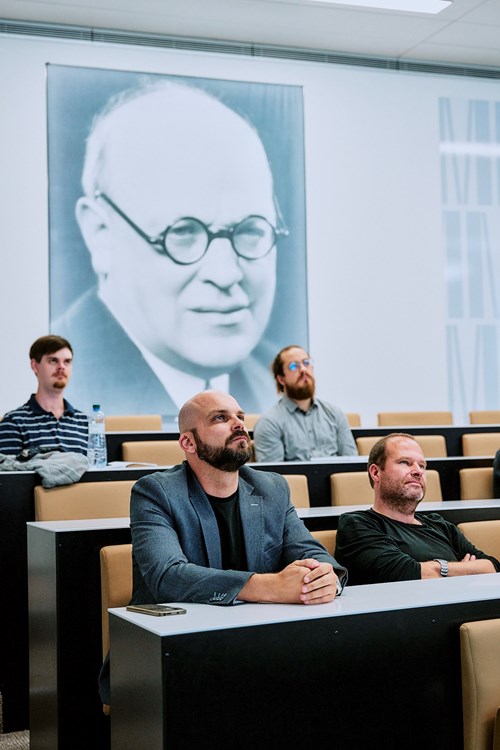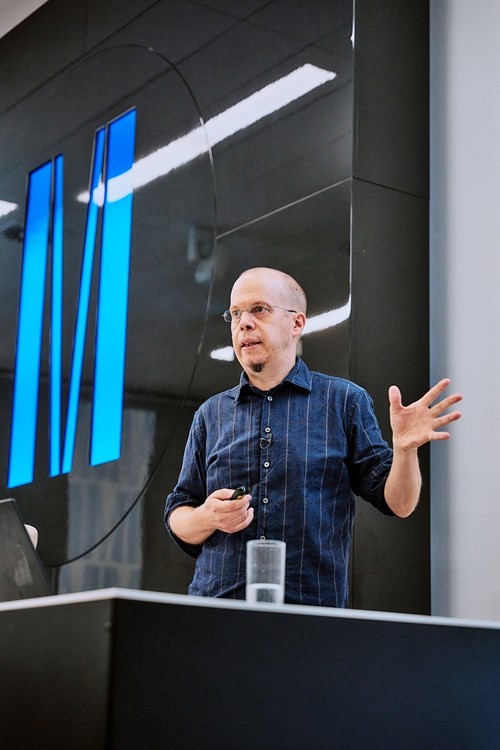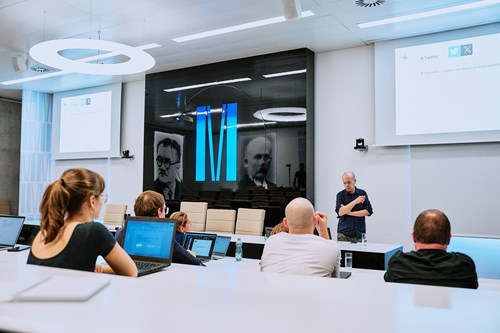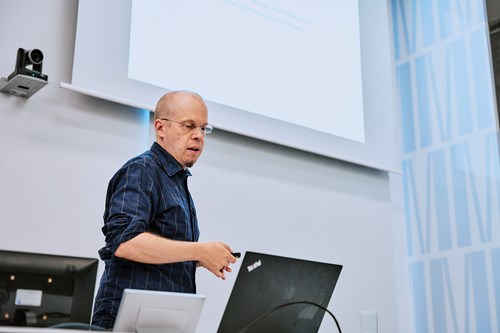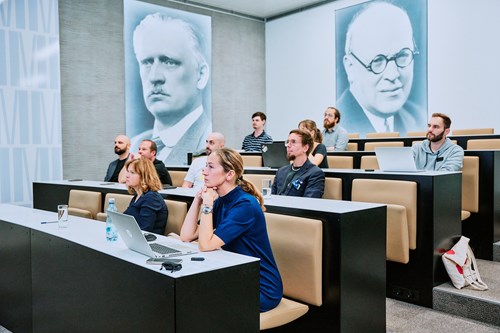Political polarization: a network perspective
-
25 September 2024
4:30 PM - Meeting room nr. 300, Komenského náměstí 220/2

Antti Gronow is a Senior Researcher at the Faculty of Social Sciences, University of Helsinki. Gronow received his PhD in 2011 with a thesis on pragmatist and institutionalist theory. In 2012, he was an Erik Allardt Fellow at the Swedish Collegium for Advanced Study (SCAS). Gronow’s current research interests range from social networks, climate policy, and advocacy coalitions to political polarization on social media. A recurrent theme of his research is the application of a network perspective to social and political phenomena.
Gronow’s work has appeared in several well-known journals, such as Policy Studies Journal, Global Environmental Change, Public Administration, Governance, and Sociology. A paper lead authored by him won the Harold D. Lasswell Prize for the best article in Policy Sciences in 2021. Gronow is a member of the steering committee of a 14-country comparative research effort Comparing Climate Change Policy Networks (COMPON).
Political polarization has become an increasing problem in the US and has caused concern also in many other countries. The lecture presents different ways of conceptualizing polarization with a special focus on structural polarization. First, polarization can refer to issue or ideological polarization where political views move further away from each other. Second, affective polarization means that negative partisanship increases as those parties that one does not support are seen in an increasingly negative light. Lastly, structural polarization is a network-based way of analyzing in-group and out-group interactions with the insight that the less interaction there is between groups, the more polarized they are. The lecture shows how the structural conceptualization is especially suited for studying polarization with big data from social media platforms. The lecture also suggests that the structural conceptualization of polarization makes it possible to study both the ideological and affective aspects of polarization on social media. The lecture reports results from a longitudinal study of the polarization of five topics (immigration, climate change etc.) on Finnish social media on the platform X in 2015–2023 (11.5 million tweets). The results show that social media users can be categorized into ideological groups based on their retweeting behavior. In addition, tracking the polarization and activity of these ideological groups shows which groups are responsible for the polarization of the discussion, how polarization develops in time, and what are the causes driving increases in polarization. The lecture concludes by presenting ideas on how to study affective polarization from a network perspective with social media data.
Share event

